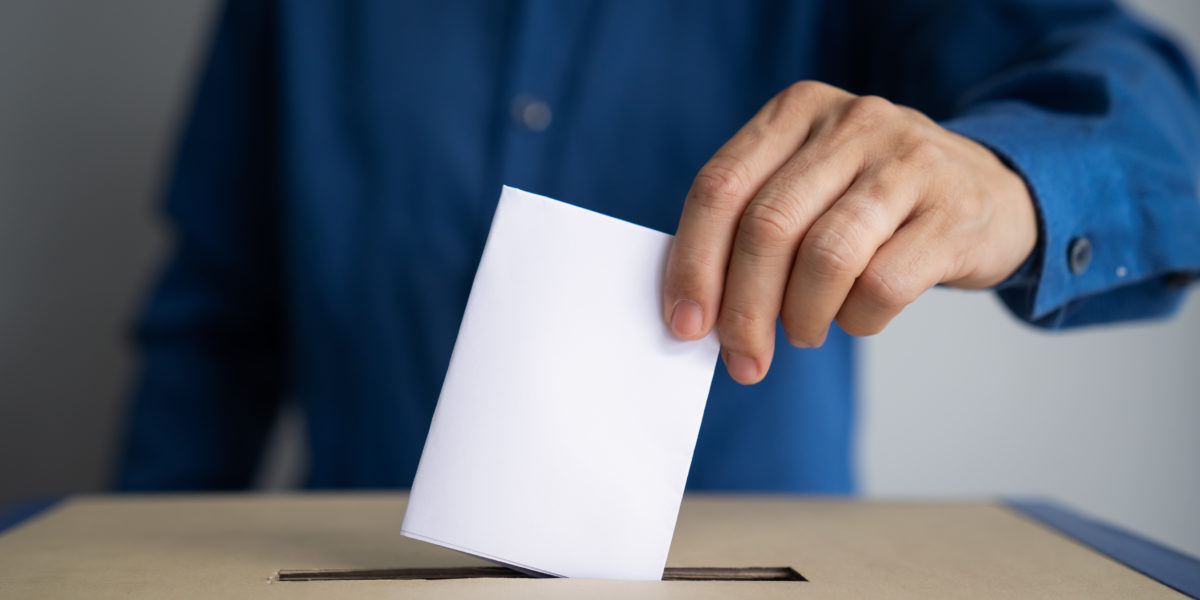When the UPC commences (perhaps in early 2023) 17 countries will likely be taking part. Seven countries have signed the UPC Agreement but not yet ratified it and so may not be taking part at the commencement of the system. One of those countries is Ireland.
This week the Irish government has, in a press release, confirmed its commitment to ratification, and has announced that a referendum in 2023 or 2024 will take place to enable Ireland to do so. Subject to a successful referendum, Ireland has also committed to the establishment of a local division of the UPC.
Leo Varadkar, the Irish deputy prime minister, and Minister for Enterprise, Trade and Employment says, about the referendum:
“…It’s important to prepare. I’m conscious that it will need a good public information campaign to explain its significance and that takes time, resources and planning.“
The press release also identifies a number of purported advantages to the UPC system. However, as those familiar with the system will know, it does not always lend itself to simple, concise summaries. Mr Varadkar has indicated that the referendum won’t be a standalone one (so the possibility of empty polling booths might be mitigated somewhat!) but it remains to be seen what the level of public interest is in fully understanding the new system and its potential advantages, disadvantages, and how it will fit into the current European patent system. The result of the referendum will be an interesting litmus test of public perception.
About the author(s)
Alex has significant experience in patent litigation and licensing matters in the telecommunications, engineering and tech fields. Much of his experience has been multi-jurisdictional in nature.

